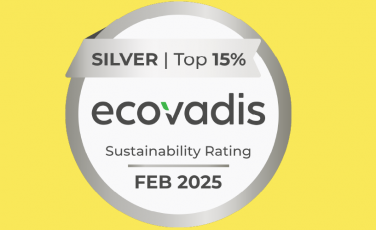Inclusion is one of the major themes of Consort Group’s social policy.
Talking about inclusion means talking about our actions, our results, the way we approach our businesses and digital technology in general as levers for equal opportunity. It’s important to take action in every region where the Group is present to promote inclusion and solidarity between generations and populations.
- Disability
- Diversity
- Digital accessibility
- Responsible purchasing
- Digital accessibility
An accessible website or mobile application enables people with restrictions or disabilities to access its content and functions without difficulty, and without external assistance. For example, an accessible website enables :
– navigate with a voice synthesizer and/or Braille display (used in particular by blind and partially-sighted people),
– customize the site’s display according to your needs (enlarging characters, changing colors, etc.),
– navigate without using the mouse (only with the keyboard, via a touch screen, by voice or any other adapted device).
The growing importance of digital technology, particularly in administrative and commercial activities, is prompting our customers to think about setting up a more responsible and inclusive digital environment.
When we talk about accessibility in our projects, we’re talking about our ability to help our customers think about the accessibility of their services (banking, transport, distribution, etc.).
Contributions are underway. For example, within the Business & Testing community teams on the BNP LS project: accessibility tests, design of tools for automatic web page audits with regard to the Web Content Accessibility Guidelines (WCAG) 2.0 (international) or the RGAA general accessibility reference framework for administrations applicable since July 25, 2019 to all companies with sales of over 250 million.
A start that also involves our resources in terms of Web development, Mobile development, the design of our customers’ future sites or applications, and effective testing on this type of accessibility test, beyond ergonomics and self-learning.
For further information – Contact David Nowak




